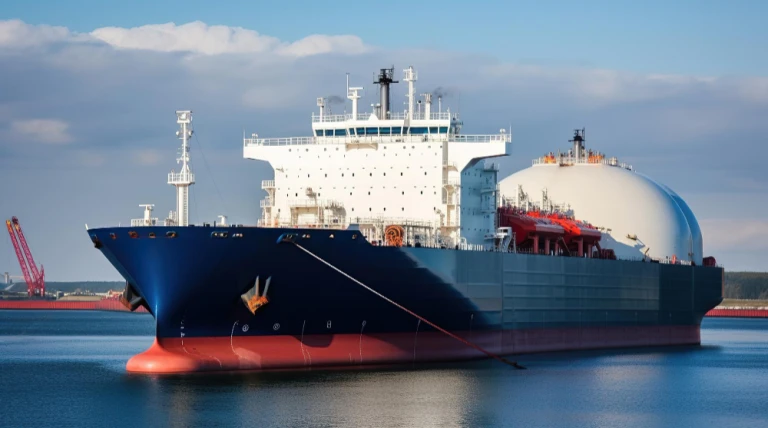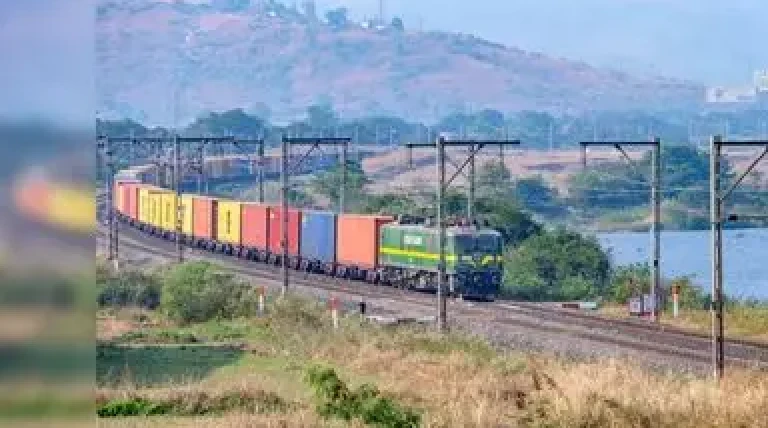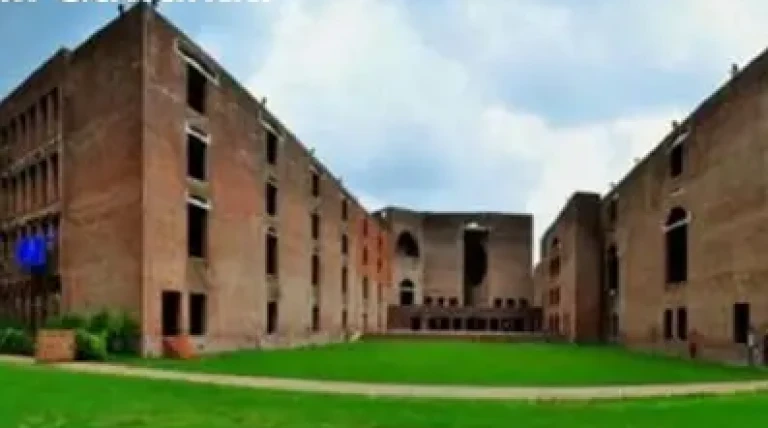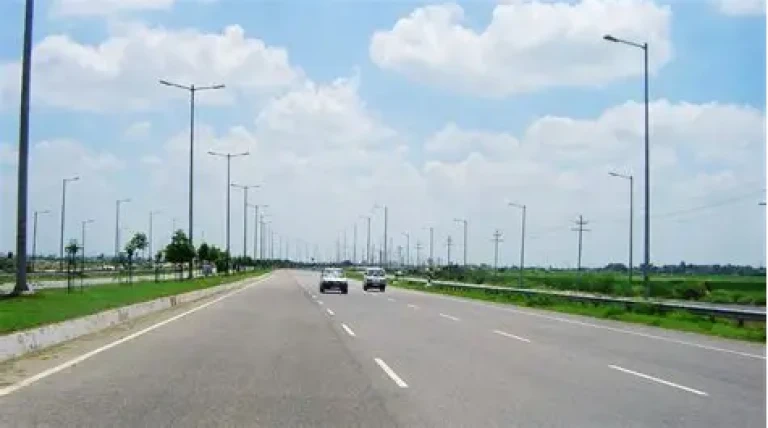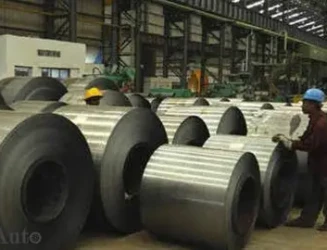Hindustan Petroleum Corporation Ltd (HPCL) is gearing up to initiate operations at its Chhara LNG import terminal in Gujarat, projecting a commencement within the upcoming months. The terminal, boasting a capacity of 5 million tonnes per year, reached mechanical completion in March. However, its commissioning faced delays due to pending infrastructure, specifically a 40-km pipeline that links it to an existing network designed for consumer sales.
The company's foray into the gas business marks a recent development for HPCL, as it constructed the Chhara facility in Gir-Somnath district, Gujarat, primarily to receive supercooled natural gas transported via cryogenic ships. Upon arrival at the terminal, the liquefied gas will undergo conversion back to its gaseous state before being distributed through pipelines to various industries for utilization as feedstock.
In its pursuit of leasing the import capacity at Chhara, HPCL has received offers from 6-7 interested parties. Discussions are ongoing, with decisions expected soon. The company refrained from disclosing the names of the firms expressing interest. Initially planning to lease 3 million tonnes per year capacity for over a decade, HPCL anticipates the imminent completion of the pipeline, facilitating connection to the gas grid.
This LNG terminal forms a vital component of India's burgeoning gas infrastructure, aligned with the national vision to elevate the share of natural gas in the country's energy blend to 15% by 2030, up from the current 6%. Gas serves diverse purposes, including fertilizer production, power generation, chemical manufacturing, CNG usage in automobiles, and household kitchen applications. Simultaneously, while HPCL expands its gas portfolio, it remains committed to investing in the expansion of its traditional fuel retailing business.
HPCL's blueprint includes the addition of 1,000 petrol pumps annually to its existing network of approximately 21,500 stations. Given India's burgeoning market and relatively low per capita energy consumption compared to the global average, the company envisions ample growth opportunities for both conventional fossil fuels and eco-friendly alternatives.
Strategic expansion aims to cover underserved regions with new petrol pumps, a trajectory projected to persist for the next 2-3 years. The company is also intensifying efforts in alternative fuels infrastructure, planning to double its EV charging stations to 5,000 within two years. Additionally, HPCL is establishing stations to cater to LNG-powered trucks and buses, while augmenting its retail network's CNG dispensing capacity.
News by Rahul Yelligetti
![{[setting('site_name')]}](https://projxnews.com/uploads/setting/16983847711140531930.webp)
